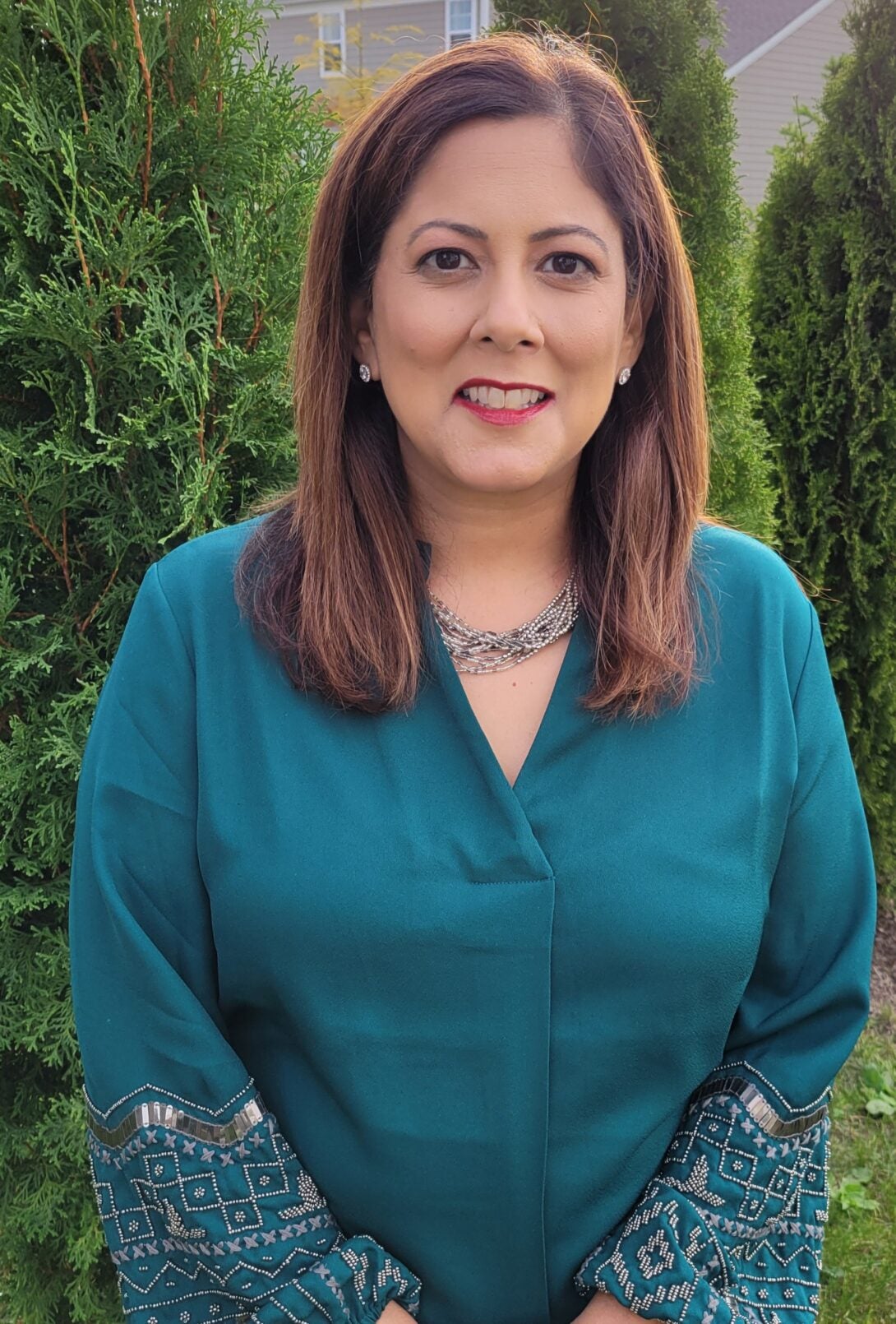Office of Diversity Houses Grants that Spotlight Commitment to Transformational Change

The UIC Office of Diversity, Equity & Engagement has been building a portfolio of awarded grants that emphasize the core values of inclusion, equity and engagement via faculty and instructor development. Spearheading this initiative is Charu Thakral, PhD, executive associate vice chancellor for diversity, who took over the role of principal investigator (PI) on the Howard Hughes Medical Institute Inclusive Excellence (HHMI IE) grant in 2021.
Following the retirement of the former PI, Henrik Aratyn, PhD, associate dean in the College of Liberal Arts and Sciences and faculty member in physics, Thakral was tapped to lead the grant. However, given that Thakral is an administrative staff member, her faculty co-investigators had to advocate strongly at the programmatic and institutional levels for her to take over the PI role which is typically reserved for faculty members.
‘The shifting leadership is a new model for these types of grants that we think makes a lot of sense for the Inclusive Excellence initiative,” said Miquel Gonzalez-Meler, PhD, professor of biological sciences and co-PI on the grant. “Initially, faculty lead the professional development aspects but now the project is identifying ways to sustain the programming and remove institutional barriers for inclusion.”
The HHMI project is a $1M award that focuses on developing professional learning communities to engage STEM faculty in culturally-relevant teaching and evidence-based inclusive pedagogies, with particular attention to underrepresented students. Under Thakral’s leadership, the project also seeks to identify programmatic, departmental and institutional barriers that impact inclusiveness in classrooms as well as barriers that impact institutional culture surrounding the value of teaching.
As one of the nation’s leading research universities in health sciences and STEM disciplines as well as a designated minority-serving institution, UIC draws many students looking to major in STEM or STEM-related fields. However, one-third of undergraduate students who intend to major in STEM fail to do so and this is disproportionately the case for transfer, first-generation and under-represented minority (URM) students.
The motivation behind the HHMI project, according to Thakral, is to achieve an environment for STEM learning that promotes both excellence and inclusion through faculty development.
“We recognized that UIC has a responsibility to provide adequate support and training for our faculty to create a context of inclusion,” Thakral stated.
The grant leadership found that faculty who have engaged with their trainings were largely excited by the work and dedicated to integrating it into their courses going forward, despite structural challenges. Additionally, the HHMI project has helped foster campus connections, led participants to develop new grants focused on inclusion and provided support for launching the Center for the Advancement of Teaching Excellence (CATE) which is central to the professional development efforts with faculty.
Thakral noted that CATE, in particular Executive Director Erin O’Leary, has had a critical role as her project collaborator in Thakral’s funded grant awards this past year.
“The partnership challenges us to think about how faculty are often overlooked in student success efforts all while they, too, face climate issues and barriers and require support,” Thakral said.
The grant team was also able to identify the specific need for cultivating a community of colleagues invested in similar scholarship with the desire to affect more substantive change. As such, the Office of Diversity in partnership with HHMI is mounting an initiative to share knowledge of these projects across campus and develop a common strategy to advance them.
The Office of Diversity’s institutional position offers a unique opportunity for a project like this. It can align its leadership with coordination efforts across colleges and departments while collaborating with different groups and units such as CATE to institutionalize change in the campus’s climate and culture.
This year, Thakral was also a recipient of two National Science Foundation (NSF) grants.
The NSF HSI Institutional Transformation Project (PI: Mike Stieff) is a $3M award that features faculty and staff collaborators across STEM units at UIC. Thakral is a co-PI who works closely with O’Leary to develop evidence-based tools and inclusive practices for instructors teaching gateway courses that are associated with student major retention.
She is senior personnel on the $2M NSF IUSE award “Institutional Transformation through Curriculum and Faculty Development to Serve the Modern Chemistry Student” (PI: Donald Wink). Thakral and O’Leary lead the programming to support chemistry faculty in understanding how to plan for instruction and inclusion for faculty classroom practices.
Thakral has been at the forefront of inter-campus coordination and collaboration efforts since she joined the Office of Diversity in 2009. In being named the new HHMI grant PI, Thakral brings over 15 years of institutional knowledge to these innovative programs and projects.
“My training as a psychologist in the areas of multicultural competence and social justice in a variety of settings, ranging from clinical to community-based, has great overlap with the work I do within these grant-funded teams and campus initiatives,” Thakral said. “It allows me to take a critical multifaceted approach to my work and problem-solving.”